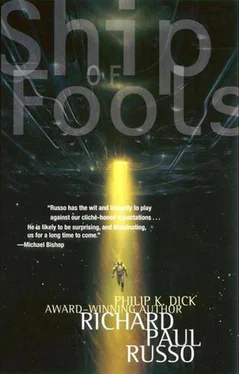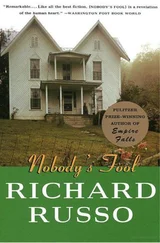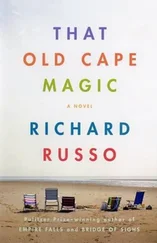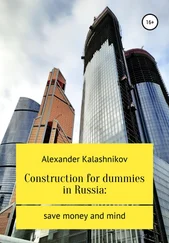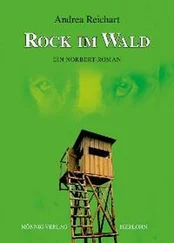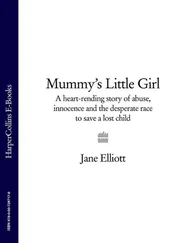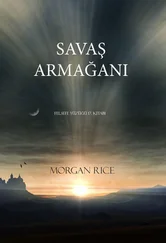“When God created human beings, He bestowed upon us the greatest gift besides His love. Out of His love. Two gifts, really, but so interconnected they are like one. First, the capacity to do anything , good or evil, wise or unwise, loving or hateful. And second, true free will to act upon that capacity.
“Those are God-like qualities. Not in power, but in choice. If He had created us in such a way that we could only do good, if we were incapable of acting badly, selfishly, causing pain or harm, then the notion of free will would be meaningless, would it not? Not only that, true free will precludes God’s intervention in our lives. There is no real free will if God intercedes to protect us or save us from the consequences of our own or other people’s actions and choices. We have to face those consequences ourselves. That is the price we pay for free will.”
Father Veronica sighed heavily, and when she resumed there was an ache in her voice. “Can you imagine the sacrifice God has made to provide us with this gift? He knows we will not always make good choices, He knows we will cause ourselves and others terrible pain and grief. Can you imagine His own pain and grief, knowing that He could intercede, could change our lives and ease our suffering, but knowing also that to do so would be to take back the wonderful gift He has bestowed?
“For we can also love and comfort one another, we can choose good over evil, we can relish and appreciate life, we can revel in all the small, wonderful pleasures of being alive, we can love and be loved, and those things are all the greater because they are freely chosen. Because we are not puppets.”
I had listened and reflected all this time without interrupting, and I finally questioned her.
“Does God know everything that will happen? Every choice we will make? All the future laid out before him?”
“No. He knows everything that is happening now, as time flows, He knows everything that has happened in the past, and He can make very accurate assessments, I am certain, of what any of us will choose to do. But, once again, our free will would not be true free will if He knew absolutely what every choice would be. When He created us, and gave us free will, He effectively canceled out His foreknowledge of the future.”
I thought about that, and I could see that it made a kind of sense. But I still had more questions, and although I had in the past refrained from questioning Father Veronica about her beliefs, about her faith, this seemed, at last, the time for it.
“You mentioned prayer, earlier, and some time ago you said you would talk to me about it. What is it, if God will not answer? Worthless? A farce?”
“No, not worthless at all. Misunderstood. Misguided and misdirected. When I talk to people about prayer, I try to explain to them what I believe is its nature and use.” She sighed. “Most don’t listen, or they dismiss what I have to say, because they want the promise that conventional belief gives them—that if you ask for something in prayer, it may be given to you.”
“Explain to me,” I said. “ I will listen.”
“Yes, you will listen, Bartolomeo, even if you won’t believe.” She paused for a moment. “Prayer is a kind of communication with God. It is opening yourself to God’s presence, to His Spirit, to His essence . And when you are truly open to Him, God’s essence can provide comfort and understanding, and guidance. That is why some prayers are answered, in a way. Not because God has actively interceded in our lives, but because people have taken that comfort, and taken in the guidance and understanding that are there for us, and then they act, they live their lives and view their lives informed by that, in such a way as to essentially answer their own prayers.”
That, too, made a kind of sense, although I wasn’t sure I completely understood what she was saying.
“And what about Him?” I asked, gesturing at the crucified figure glowing in the side of the ship, that terrible and beautiful vision of light and life, and a death that held the promise of new life. Or so the Church claimed. “Why?”
“God’s own guilt,” she said, but so quietly I wasn’t certain I’d heard her correctly. I tried to understand what she meant, but she began to speak again as if she hadn’t yet said anything, ignoring her own initial response.
“He was speaking to us. God. He sacrificed His Son, Himself. Became us. Died like us. And resurrected Himself to show us the way. One final, ultimate attempt to help us in our lives to make the right choices. And to show us He will forgive us when we don’t.”
That I could understand somewhat, but I was more intrigued by her first response. “What did you mean by ‘God’s own guilt’?”
“I’d hoped you hadn’t heard me. I don’t talk about that, certainly not with anyone in the Church.” She hesitated, then went on. “It’s an idea I have about Jesus and the Crucifixion. I wouldn’t call it a belief. Another subtext to the Crucifixion.” I could hear her take a long, deep breath, then slowly release it. “He created us. He gave us true free will. Therefore He is in some real way ultimately responsible for the suffering we inflict upon one another. He has His own guilt. And sacrificing His Son, Himself, was a way to help expiate that guilt.”
Suddenly the stained glass image before us went dark. Everything else remained—the stars, the faint lights scattered about the hull, Father Veronica’s dim contours beside me.
“Someone’s entered the cathedral,” she said. “The lights are set to go out when anyone enters. They’re far too bright, and would cause optical damage.”
“Perhaps we should go in,” I suggested.
She didn’t immediately reply. “One more thing,” she eventually said.
There was something in her voice that caused my stomach to tighten, and I was suddenly afraid, although I didn’t know of what. I didn’t say a thing, I just waited.
“I know how you feel about me, Bartolomeo. I’m not naive, and I’m not oblivious.” There was a slight pause. “Unless I’ve completely misread you.”
I knew she would not go on unless I replied.
“No, you haven’t misread me.”
“It’s all right, Bartolomeo. I like you, and I admire you. I take it as a great compliment. We both know nothing could ever come of it…” Her voice trailed off, unsure. “I just wanted you to know that I know.”
There was a long and tense silence between us. I didn’t know what to say.
“I’ve distressed you,” she said.
“No.” We both knew I was lying.
“We should go in,” she said.
“Yes,” I replied.
We activated our suit jets and headed toward a ship that now seemed dark and empty.
Iwas despondent. I kept telling myself it was absurd, that I had never expected anything to “come of it,” as she put it. I’d always known the way it was.
So why did I now feel so bleak?
I knocked myself out with sleep tabs, and hoped I would feel better when I woke.
THE Argonos closed with the alien ship. Four days of slow but steady approach, then we stopped several kilometers away and maintained that distance. We waited another two days to see if there would be any response from the alien ship, although no one, except perhaps the bishop, expected anything. There was nothing; it remained just as dead as it had always been.
Work began on the docking mechanism. There were two crews, one working on each vessel. Progress was slower on the alien ship, because the crews exercised extreme caution—when anything was burned into the ship’s hull, or welded to it, initial roughwork was done by remotes; there were long delays between phases while we waited to make sure nothing untoward would happen. The work was tense and tedious, but there were no accidents, no injuries or deaths.
Читать дальше
